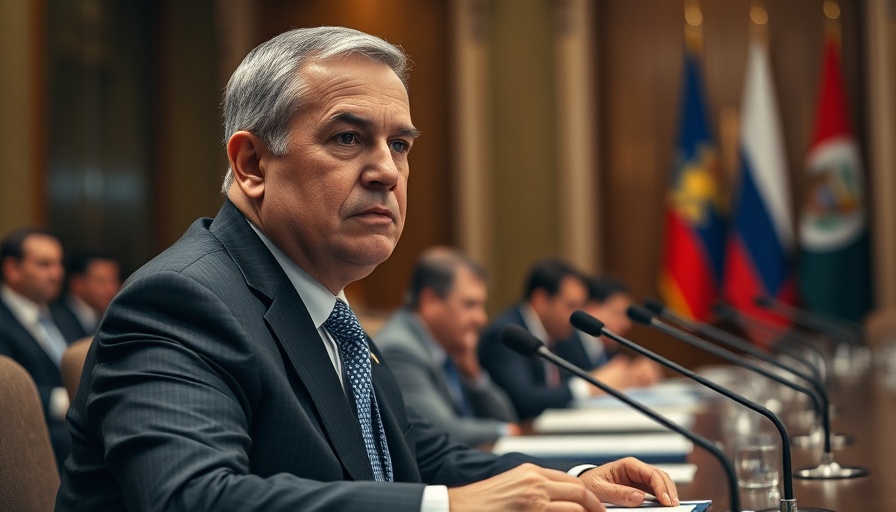
Putin's Rare Earth Partnership Offer: A Strategic Shift in Geopolitics
In a surprising move that could alter the global political landscape, Russian President Vladimir Putin has extended an offer to the United States to collaborate on the extraction of rare earth minerals from Russian-occupied territories of Ukraine. This partnership proposal, voiced during a recent televised interview, underscores a pivotal moment in the ongoing conflict over Ukraine's valuable mineral wealth amidst the ongoing war.
The Importance of Rare Earth Minerals in Current Geopolitics
Rare earth elements (REEs) are vital for numerous high-tech and defense applications, from smartphones and electric vehicles to weapons systems. As countries worldwide transition toward greener technologies, the demand for these minerals is skyrocketing. Putin’s offer signals Russia's readiness to leverage its resource-rich regions, potentially offering the U.S. a vital economic partnership amidst escalating geopolitical tensions.
Negotiating Peace: Russia’s Strategic Calculations
Putin has called for direct negotiations with the U.S. to address the escalating Ukraine crisis, asserting that sidelining European Union demands is essential for a viable resolution. By positioning itself as a key player willing to engage with the West, Russia aims to regain some influence, especially as Western nations have heavily sanctioned it since the onset of the conflict.
Analysis: Implications for Global Supply Chains
With approximately five percent of the world’s critical raw materials located in Ukraine, control over these resources is of paramount importance. As Biden’s administration seeks to decrease U.S. reliance on Chinese minerals, Putin’s proposal may create a complex scenario where geopolitical alliances are reshuffled. Some analysts even predict that this could lead to a new form of Cold War where access to minerals becomes a battleground for influence.
Historical Context: The Mineral Wealth of Ukraine
Historically, Ukraine has been a treasure trove of industrial minerals, crucial for its economy and energy independence. The current negotiations and offers reveal not just the importance of these resources, but also the geopolitical tug-of-war involved. As the world stands at a crossroad of conflict and resource management, aligning interests could either lead to collaboration or heightened tensions between Russia and the U.S.
Future Trends: What Lies Ahead?
As the situation evolves, it remains to be seen how the U.S. will respond to Putin's overture for cooperation. If successfully navigated, these talks could help stabilize the region, reduce tensions, and ultimately transform the nature of resource extraction agreements. However, skepticism remains about Russia's intentions and the trustworthiness of negotiating terms amidst ongoing conflict.
In conclusion, as Russia extends its hand for partnership in rare earth mineral extraction, the implications circle back to larger issues of geopolitical stability, economic interdependence, and how natural resources will shape the future of international relations. The world watches closely as this narrative unfolds.
 Add Row
Add Row  Add
Add 


Write A Comment